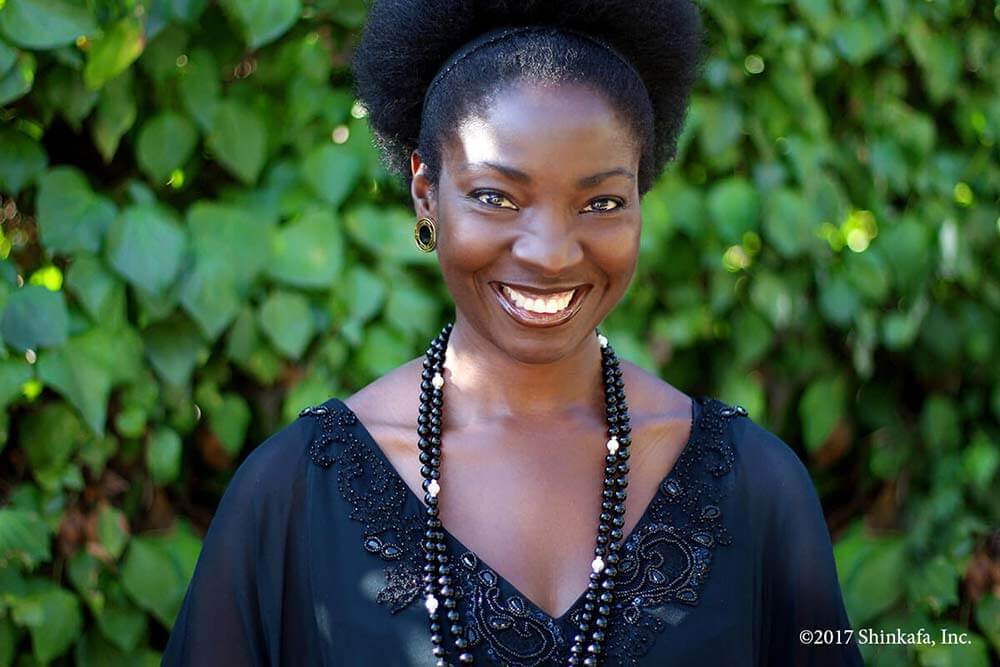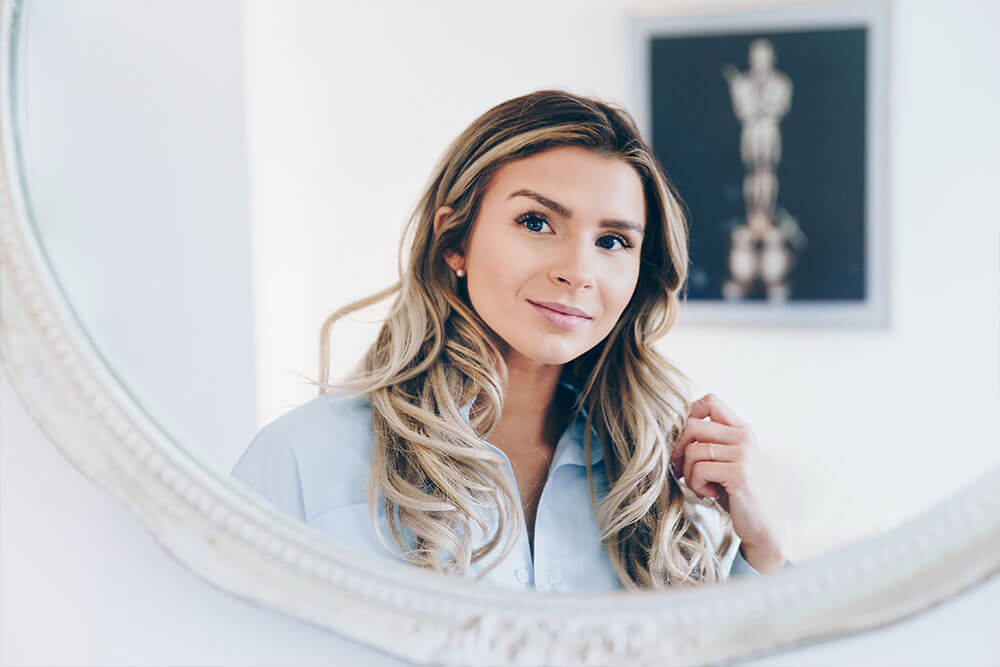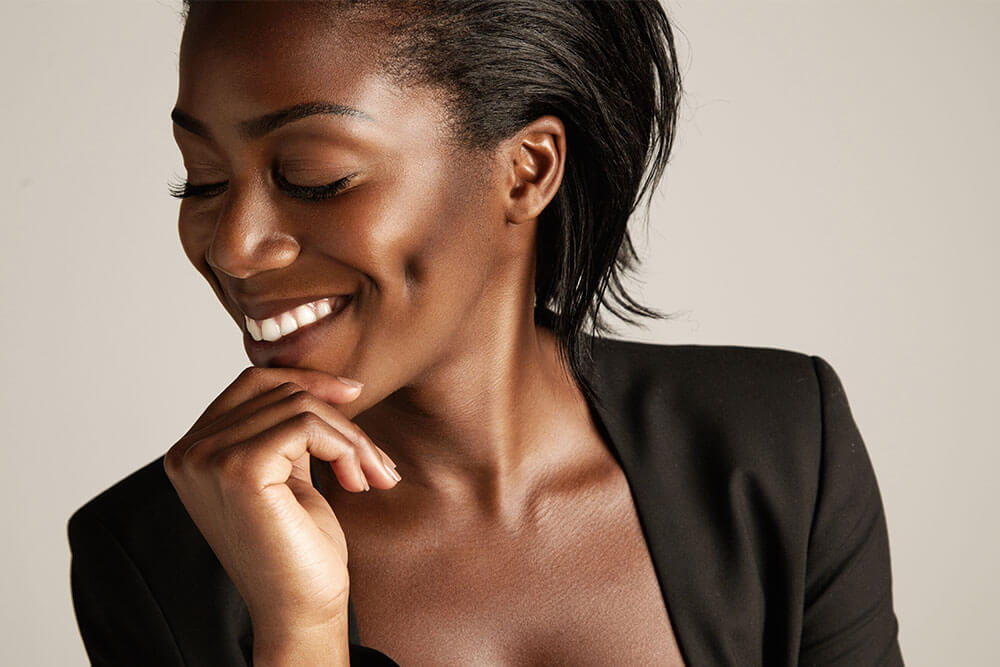
Ngozi Bolin is the Founder of Shinkafa Inc.
Our founder Ngozi Bolin, began making hair and skin care oils as a child in war-torn Nigeria where the need for these oils were on a primal level. After an overwhelming demand from friends and family, in 2006 she began to formulate her products for a commercial launch. Her message was simple, stop using products with harmful chemicals and embrace products that enhance and unleash your inner beauty.
As Ngozi began putting her formulations to commercial application from 2006, what she encountered was an entrenched resistance to her vision of avoiding harmful chemicals. Nowadays, there is a sustained and encouraging forward march towards that vision by the industry.
We still have ways to go, but, it is a good trajectory. Here is where Ngozi believes the industry will be in next 10 years.
1. Industry Forecast: By the Numbers
Skincare
In November 2016, Lucintel, a leading global market research firm, did the heavy lifting and released a skincare trend report forecasting that the global skincare industry would reach $135 billion by 2021. The biggest segments inside the industry are projected to be anti-aging, body lotion, sun protection, and multi-functional skin cream.
Additionally, Lucintel predicts that the global anti-aging market in both skincare and haircare is expected to reach an estimated $66.2 billion by 2023.
Haircare
In March 2018 Mordor Intelligence issued a report suggesting the global haircare market would reach USD 106.57 billion by the end of 2023. The report mentions specific growth in primary grooming products for both men and women, and a significant uptick in the effects of aging.

2. People are living longer, healthier lives
The USA’s Centers for Disease Control and Prevention in its 2016 annual report concluded that Americans are living longer and fewer are dying from major diseases like heart diseases and cancer now compared to 40 years ago. In its March 2018 report, the Centraal Burea voor de Statistiekof the Netherlands note that by the year 2040, people will not only live longer, but will do so in good health and without physical limitations.

3. Aging is a privilege
If you notice a recurrent “aging” theme, you are not nuts. People are living longer worldwide. Allure Magazine in its August 14, 2017 issue noted that it will no longer use the term “anti-aging.” We applaud their thinking.
Aging is indeed a privilege and not everyone attains that, but we also live in a culture where aging is dreaded.
In Ngozi’s Igbo culture, age is celebrated, respected and even revered. Whatever the words we use, we are marching towards aging and we must take better care of ourselves, our bodies, our skin and our hair in a way to ensure lasting, effective and healthy impact to us and our environment.

4. Age gracefully
To enjoy life fully as we age, it is important to start early in taking care of our skin and hair. Quick fixes are not the answer.
We must strive towards a wholistic approach that incorporates topical applications, what we ingest and taking care of our environment. We need to search out better, rejuvenating, superior and effective products in the market as early as possible. What we do to our skin and hair in our early and teenage years can have repercussions later in our lives.
We can’t do a great deal of damage to ourselves and expect to fix it when we get to that point when the damage affects our quality of life. So, it is Ngozi’s belief and forecast that health awareness is what is and will drive the market going forward.
So, what does that mean? It does not necessarily mean organic products.
While that trend is in the uptick, consumers will begin to reject heavy metals associated with some organic products, such as such as mercury, lead, cadmium, arsenic, if not properly handled. What that really means is less chemicals in our haircare and skincare products and a continued and more forceful march towards formulations without harmful chemicals.

5. Consumers are more educated
There was a time when people felt that if an ingredient had a long unpronounceable name, it meant that it must be good.
That fad has been on a steep decline.
Folks are a lot smarter. Consumers are reading labels and are on the lookout for ingredients that they’d rather avoid, such as parabens, hydroquinone, formaldehyde, and phthalates, to name a few.
Consumers will not just be looking for products that do not contain harmful chemicals, but will demand products that have efficacy. Consumers will start calling out and reject products that simply have a pinch of the active ingredients, with absolutely no value to the product, for the simply reason of claiming it in the ingredient list. Such gimmicks will no longer work in the future that Ngozi sees.

6. Skin and haircare should be simple
Ngozi will often say that she never understood why there are just so many sets of products for one just part of the body and another haul for just another part of the body. Is it not the same skin? Does one’s skin change overnight? Have we become changelings? She poses the very same question about hair care regimen that calls for tons of products that are so exhausting to use that they only end up “decorating” the pantry.
There is absolutely no reason to have about a dozen different products just to hydrate a dry brittle hair with breakage and split ends, when a hair masque with deep conditioner every two weeks, should not handle those effectively and you only need to find a good hydrating shampoo and leave-in conditioner for daily use.
For the skin, if one is looking to hydrate, why not an excellent body wash followed with a good body oil and/or body cream? If you are dealing with raccoon eyes or blemishes, you can introduce a blemish cream that should handle stretch marks, “crows” feet and the like with an effect stretchmark and blemish cream. Why one cream or oil for the day, another for night, one for one part of the body to the exclusion of others? There are times when specialized care is needed for a part of the body, however, for the daily care that the skin and hair require, such volume will only discourage proper daily care. That is why this multi-product trend is not sustainable.
Ngozi expects a push towards consolidation and simplicity. Consumers will look for good products that serve multiple effective functions.

7. The rise of skin hydration
Another trend that Ngozi sees is a move to using more body oil and all-over body hydration like a body cream with SPF. Not just for the face but for the entire body. A good oil or hydrating cream should be a must for every household and this is a market that I expect to grow exponentially.
Excellent oils often have anti-inflammatory properties and antioxidants, which can help prevent free radical damage and stem the aging effects. They are excellent for dry skin, sagging skin, inflamed skin, cracked skin and itchy skin.
No, excellent oils do not make your face breakout. Quite the contrary.
So, Ngozi strongly believes this also means less emphasis on only one part of the body to the detriment of the rest of the body. People will understand that hydrating the skin does not just mean the face, but the entire body.
She further expects this trend to grow in western countries, especially where people have been content to simply use creams and oils on the face and only at night. Entire body hydration is where Ngozi sees the market headed for both men, women and children.
Have you wondered why as a baby one gets oiled or creamed from head to to and then one grows up only to stop? Celebrities are a bit ahead of this game. There are also parts of the world where oiling or creaming the skin and hair from head to toe shows the wonders of such ritual through magnificently glowing soft, hydrated skin and hair of the population. The rest of us should join too.
Your body and hair will thank you for it.
Final thoughts
As the population ages and as awareness of ingredients grows, Ngozi sees the trend continuing towards healthy and sustainable haircare and skincare products without harmful chemicals. Those products must also prove to the consumer to be highly effective.
Consumers are prepared to pay more for products that are highly effective and do no harm to us and our planet.


